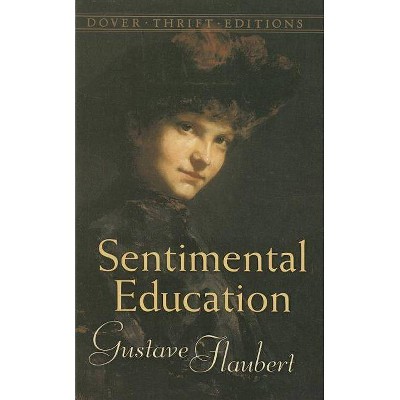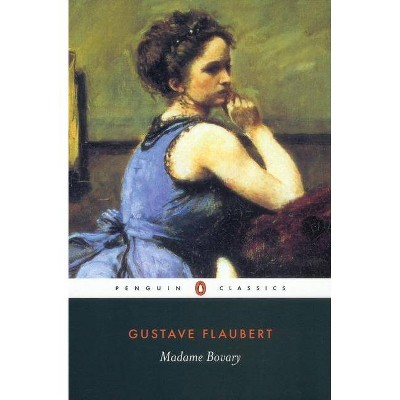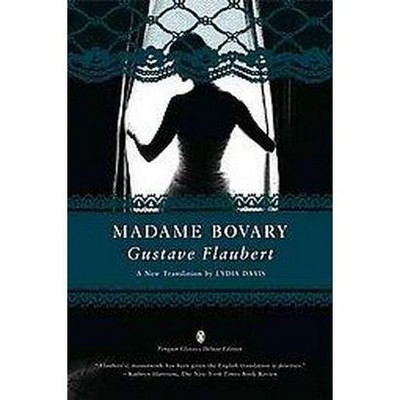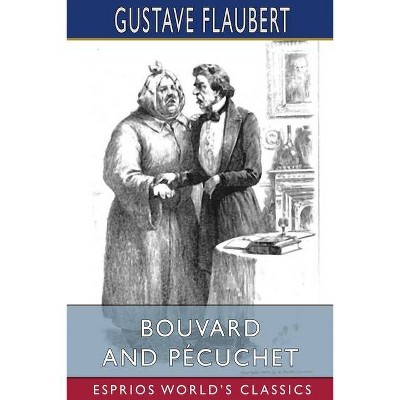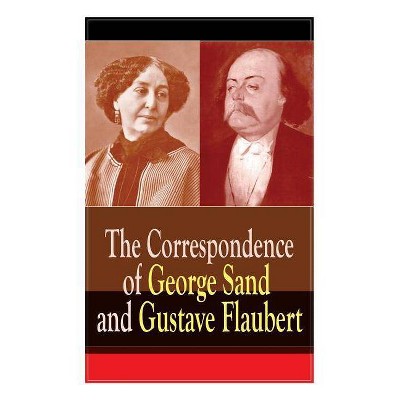Sentimental Education - (Penguin Classics) by Gustave Flaubert (Paperback)
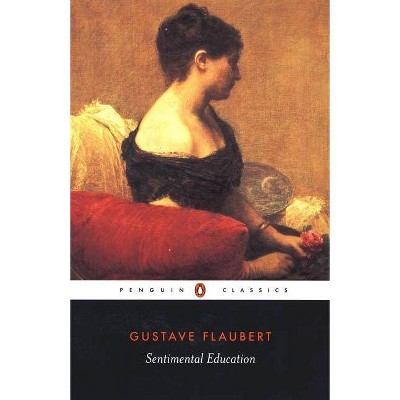
Similar Products
Products of same category from the store
AllProduct info
<p/><br></br><p><b> Book Synopsis </b></p></br></br><b>One of the great French novels of the 19th century</b> <p/>Based on Flaubert's own youthful passion for an older woman, <i>Sentimental Education</i> was described by its author as the moral history of the men of my generation. It follows the amorous adventures of Frederic Moreau, a law student who, returning home to Normandy from Paris, notices Mme Arnoux, a slender, dark woman several years older than himself. It is the beginning of an infatuation that will last a lifetime. He befriends her husband, an influential businessman, and as their paths cross and re-cross over the years, Mme Arnoux remains the constant, unattainable love of Moreau's life. Blending love story, historical authenticity, and satire, <i>Sentimental Education</i> is one of the great French novels of the nineteenth century. <p/>For more than seventy years, Penguin has been the leading publisher of classic literature in the English-speaking world. With more than 1,700 titles, Penguin Classics represents a global bookshelf of the best works throughout history and across genres and disciplines. Readers trust the series to provide authoritative texts enhanced by introductions and notes by distinguished scholars and contemporary authors, as well as up-to-date translations by award-winning translators.<p/><br></br><p><b> From the Back Cover </b></p></br></br>Frederic Moreau, a moderately gifted young provincial, is ambitious in many ways: he dreams of fame, of vast wealth, of literary and artistic achievement, of a grand passion. On the Paris paddle-steamer which transports him to his home town of Nogent-sur-Seine at the outset of the novel, he becomes transfixed by the demure Madame Arnoux and, back in Paris, cultivates her ebullient and enterprising husband in order to be near her. Frederic's devotion fluctuates like his other enthusiasms, and he is caught up in the intense pleasures and the inevitable ennuis of Parisian life.<p/><br></br><p><b> About the Author </b></p></br></br><b>Gustave Flaubert</b> was born in Rouen in 1821, the son of a prominent physician. A solitary child, he was attracted to literature at an early age, and after his recovery from a nervous breakdown suffered while a law student, he turned his total energies to writing. Aside from journeys to the Near East, Greece, Italy, and North Africa, and a stormy liaison with the poetess Louise Colet, his life was dedicated to the practice of his art. The form of his work was marked by intense aesthetic scrupulousness and passionate pursuit of le mot juste; its content alternately reflected scorn for French bourgeois society and a romantic taste for exotic historical subject matter. The success of Madame Bovary (1857) was ensured by government prosecution for "immorality"; Salammbô (1862) and The Sentimental Education (1869) received a cool public reception; not until the publication of Three Tales (1877) was his genius popularly acknowledged. Among fellow writers, however, his reputation was supreme. His circle of friends included Turgenev and the Goncourt brothers, while the young Guy de Maupassant underwent an arduous literary apprenticeship under his direction. Increasing personal isolation and financial insecurity troubled his last years. His final bitterness and disillusion were vividly evidenced in the savagely satiric Bouvard and Pécuchet, left unfinished at his death in 1880.<br><b><br>Robert Baldick</b> translated many volumes from the French for Penguin Classics, including volumes by Diderot, Flaubert, and Verne, and wrote a biography of Huysmans. He died in 1972. <p/><b>Geoffrey Wall</b> is author of the critically acclaimed <i>Flaubert: A Life</i> and translated<i> Madame Bovary</i> for Penguin Classics.
Price History
Price Archive shows prices from various stores, lets you see history and find the cheapest. There is no actual sale on the website. For all support, inquiry and suggestion messagescommunication@pricearchive.us

